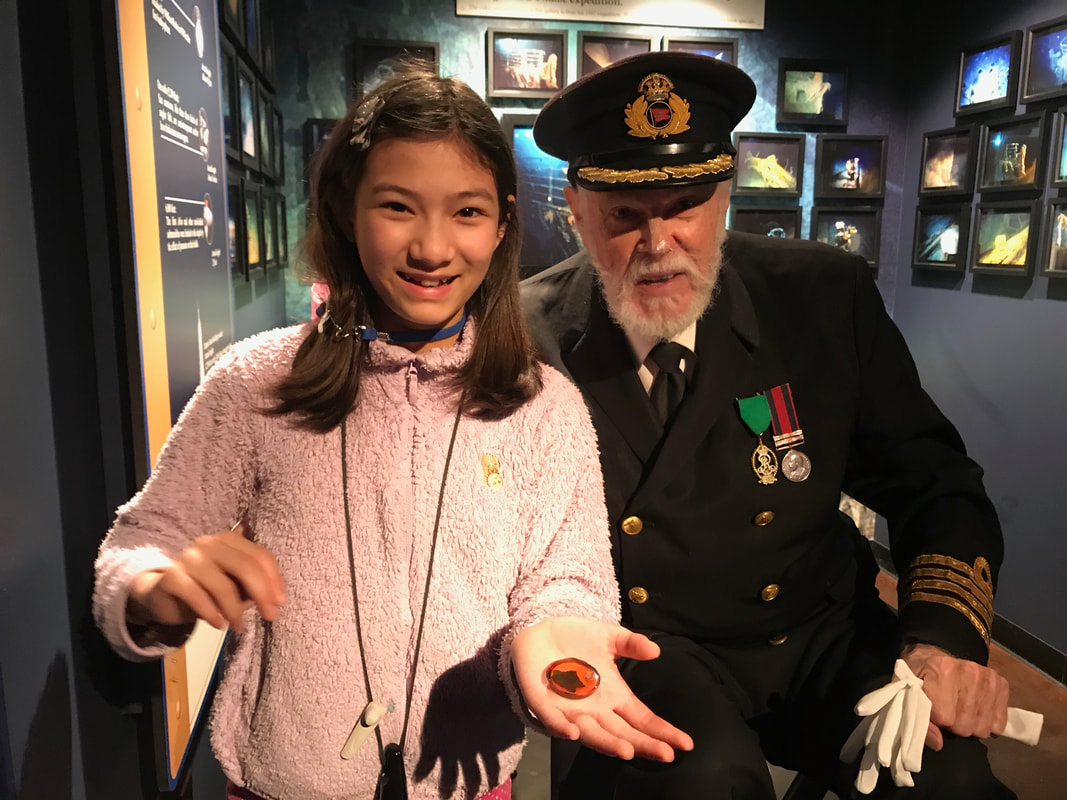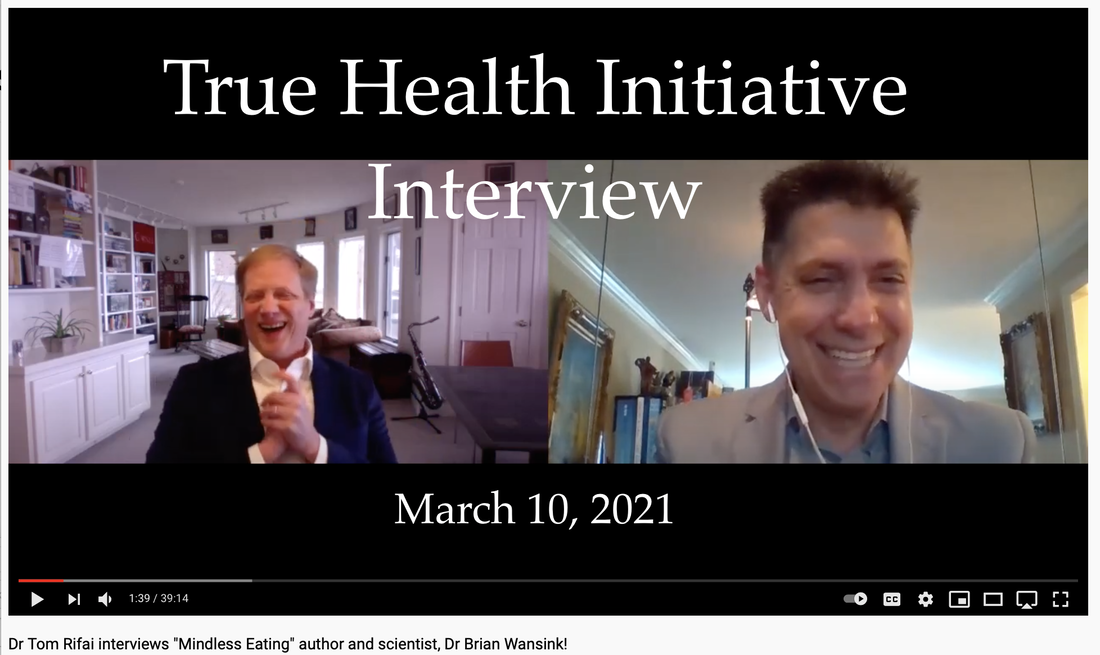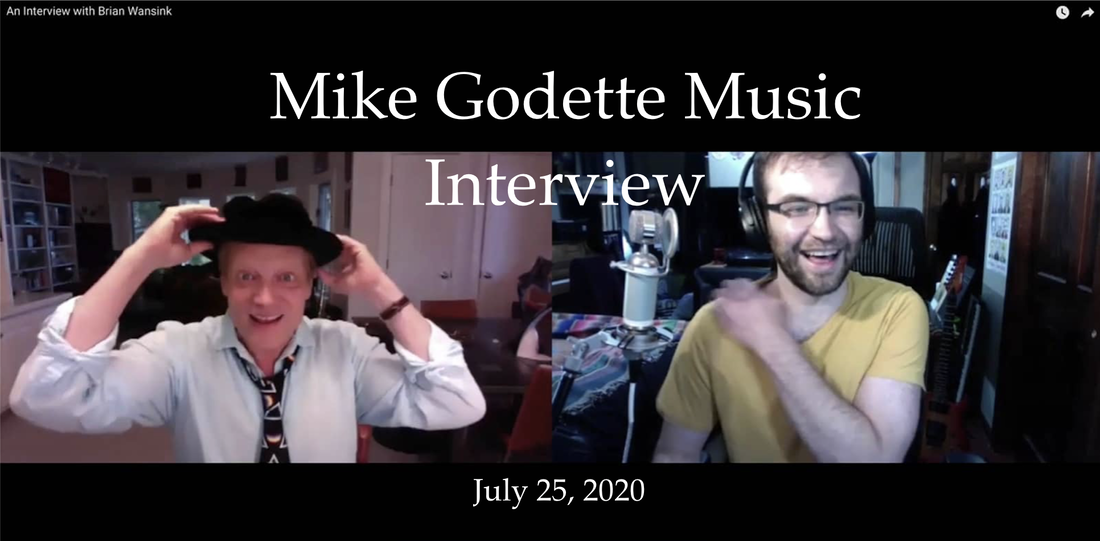|
No one has a cousin named Tarzan. No one has a best friend named Goat Boy. That’s because we’re not raised by apes or goats, but we're all raised, socialized, and helped by other people. Some of these people are obvious: parents, close relatives, coaches, and some teachers. But a lot of others aren’t nearly so obvious. They might be that person who recommended we go to one school versus another, helped get us a job, helped lend a hand during a difficult time, or saved us from a desert island that one time by paddling through shark infested waters using only his right arm. With Thanksgiving coming up, it can be a nice chance to hit pause and think of 2-3 nonobvious people who might have done a small thing that made a big difference in our life. Doing something as simple as this can do your soul good. On one extreme, it reminds us that we aren’t the self-centered Master of our Universe as we might think when things are going great. On the other extreme, it reminds us that there are a lot of people silently cheering for us when we might think things aren’t going so great. What do you suppose would happen if you tracked these people down and game them a call? It’s four steps: 1. Find their phone number and dial. 2. “Hey, I’m ___; remember me? How are you?” 3. “It’s Thanksgiving. I was thinking of you.” 4. “Thanks” For about the past 30 years, I’ve tried to do this each Thanksgiving. It used to be the same 3-4 people (advisors and a post-college mentor), then a couple more, and this year I’m adding a new one. For some reason, I always look for an excuse why I shouldn’t make these calls. I always find myself pacing around before I make the first call. Part of me thinks I might be bore them, or they already know it, or it’s interrupting them, or that it’s too corny. Yet even if I have to leave voice messages, I’m always end up smiling when I get off the phone. I feel more thankful and centered. Maybe they feel differently too. Still, there’s some years I never made any calls, because I had good excuses. Maybe it was too late in the day, or they were probably with their family, or I called them last year, or I didn’t really have enough time to talk. I’m sure they had some good excuses – way back when – as to why they didn’t have time for me. I’m thankful they didn’t use them. If you can think of 2-3 people you’re thankful for who might not know it, you don’t have to wait until Thanksgiving next year to tell them. They won’t care that you’re a little bit late or a whole lot early. It’s only 4 steps.
0 Comments
 April 15th is the No GPS Anniversary of the sinking of the Titanic. It's a pretty easy date for Americans to remember because April 15th is also the day U.S. income taxes are due. My niece is a teacher who had always wanted to visit a Titanic museum, so for Spring Break we picked her up for a Titanic-themed vacation. It was filled with frisky penguins, a ghost ship captain, indoor snow tubing, a killer iceberg, swimming, and 2000 miles of driving. There’s a number of Titanic exhibits I've seen, like in Liverpool and Vegas, but this one (Pigeon Forge, TN) was set up so you could more closely identify with the people on board. For instance, you were given a biography card of someone on the Titanic, and you kind of followed that person around – where they slept, ate, and chilled out. Super-engaging. At the end there’s a huge biography board where you find out if your character survives (about 1/3 do), what they looked like, and what happened to them afterward. There’s probably 20-30 rooms with exhibits and actors, and interactive things like trying to walk on a 30-degree tilting deck. Yet the two things I’ve thought about many times in the past week both happened in the very last room. The one just before the gift shop. There’s a climatic scene in the World War II movie Saving Private Ryan when the only surviving person in the battle, Private Ryan (ill-timed **spoiler alert**) is told by his dying Captain “to make his life worth it.” The movie then flashes to present day when he asks his wife to hopefully confirm to him that he lived a worthy life. Did any of the survivors on Titanic's biography board do anything different after they were rescued to “make their life worth it?” To be sure, some people had some pretty tragic years that followed (suicide, prison, bankruptcy, multiple divorces and addictions), and some charmed-life rich people seemed to continue to have charmed lives. There was little indication of which people might have done something different to have make their life “worth it.” Sometimes it might be only the person themself who knows it. If we were dramatically given a lucky lifeboat seat -- like the some of the Titanic survivors -- I wonder whether we’d try to make life “worth it?” Even if we didn’t know how, there’s a good chance that simply repeatedly asking ourselves that question might guide us in a good direction. The second Titanic thought was also brought to light in that same dark room. While I was reading that bio board, a 90-year-old 6’4” ghost of the Titanic’s Captain Smith silently came into that somber room, walked over to a spot-lighted Captains chair, gathered the 20 of us together, and told two riveting eerie stories. Actually, he wasn't a ghost. He’s Lowell Lytle, the person who has portrayed the Captain for 30 years around the world, as his 4th amazing career. The story he told the small collected group was what happened with the “Women and children first” directive that was given as they lowered the lifeboats. Men would get their wives and children loaded in the lifeboats, and they would then all wave goodbye for the last time as the lifeboats were lowered into the ocean. Three hours earlier they were having together and Dad was telling them to turn their iPhones off, three hours later they were gone. We often think we’ll have plenty of time to thank people we’re grateful to, or to say “I love you” to people we love. Lytle's point was that we don’t need to wait until the lifeboat’s being lowered away before we say it. My family spent a 10-hour drive home listening to the amazing ups and downs in Lytle’s real person life (Diving Into the Deep at Encourage Books). We’ve all had lucky breaks in life that merit us asking ourselves if we’ve tried to make our life “worth it.” We’ve also have people we’re grateful for who we need to thank, and we have people we love who are worth telling daily that we love them. Two Titanic thoughts. I'm happy we can think about them and act on them a long ways from the nearest iceberg. |
Welcome!Here are some tips, tricks, and secrets on how you and your family can eat to be healthier and happier. They're based on over 30 years of our published research.
Fun InterviewsMost Visited Last Month• For You
• Smarter Lunchrooms • The X'Plozionz Band • Help your family • Kitchen Scorecard • Retracted papers • Grocery secrets • Do kids inherit taste? • Be healthier at work • How not to retire • Estimating calories • Restaurant Secrets • Syllabus template Top 2024 Downloads• Kitchen Makeover
• Smarter Lunchrooms • Smarter Lunchroom Scorecard • Grocery Shopping Hacks • Restaurant Secrets • Write a Useful Syllabus • Workplace Wellness Tips • Healthy Profitable Menus Categories
All
|







 RSS Feed
RSS Feed